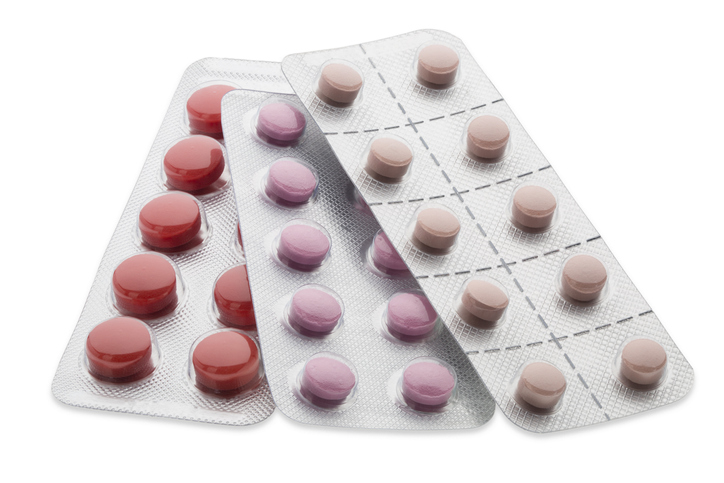Treatments
Preventative Medication for Migraines

What is a migraine?
A migraine is a debilitating type of headache that can last from a few hours to a few days. At the outset of a migraine, overactive nerve cells send impulses to the blood vessels, which triggers the release of certain hormones, such as serotonin, prostaglandins and estrogen. The release of these hormones causes the blood vessels near the nerve endings to swell, resulting in a migraine. Once an individual has experienced a migraine, they tend to recur.
Medication treatment for migraines
Factors that determine the type of medicine used to treat migraines include severity, whether nausea or vomiting is present, other existing medical conditions, and how disabling the migraine is. The main two categories of migraine medication include the following:
- Pain-relieving (acute) medication. Taken during a migraine, pain-relieving medication can help eliminate or significantly reduce symptoms.
- Preventative medication. In order to prevent or lessen the frequency of migraines, preventative medication is often prescribed. These medications can also reduce pain from a migraine.
Who can benefit from preventative migraine medication?
Several treatment options are available to treat migraine pain. However, many of them are ineffective at preventing a migraine. Everyone that experiences migraines is not automatically a candidate for preventative medications. Criteria for preventative migraine medication includes the following:
- Frequent migraines. Those who experience four or more migraine attacks each month may be a candidate for preventative treatments.
- Long-lasting migraines. Preventative migraine medicine is beneficial for those who have migraines that typically last longer than twelve hours.
- Pain medications are ineffective. If over-the-counter or prescription pain medications do not provide relief, preventative medication may be favorable.
- Severe symptoms. Those who endure prolonged aura’s, numbness, or extreme weakness may be a candidate for migraine preventative medicine.
Preventative medication for migraines
If an individual meets the criteria, preventative medication may be prescribed to treat migraines. A health care professional will evaluate the symptoms and prescribe preventative medicine based on the frequency and severity, age, existing health conditions, and other medications being taken. Preventative migraine medications include, but are not limited to, the following:
- Botulinum toxin — Botulinum toxin is produced by the bacterium Clostridium botulinum, which is a toxin. Although this is the same toxin that can cause botulism, very small doses can be beneficial for treating and preventing migraines. It is given as an injection approximately every 12 weeks.
- Beta-blockers — Medications that treat heart conditions, such as high blood pressure, are frequently prescribed to prevent migraines. Propranolol and metoprolol tartrate are examples. Calcium channel blockers, such as verapamil, are beneficial in preventing migraines with aura.
- Anticonvulsants — Topiramate and valproate have been successful in reducing the frequency of migraines in some people. However, they come with an increased risk of side effects when used at higher doses. Anticonvulsants are used to alter or control excitability of neurons. They are not recommended for pregnant women or women trying to become pregnant.
- Antidepressants — Although typically used to treat depression or other mood disorders, tricyclic antidepressants can also help prevent migraines. They work by regulating neurotransmitters in the brain. Antidepressants for migraine prevention may be prescribed at a lower dosage than those to treat depression alone, and are gradually increased as necessary.
- Calcitonin gene-related peptide (CGRP) inhibitors — CGRP blocking medication is a treatment available to prevent and treat chronic migraines. CGRP is a protein that is released in the brain and can cause migraine pain. CGRP inhibitors block the activation of these proteins.
- Nonsteroidal anti-inflammatory drugs — If migraines are prone to occur due to the menstrual cycle, a health care professional may recommend NSAIDs. Naproxen or certain triptans may help in the prevention of migraines; however, they should be stopped a few days after the menstrual flow begins.

















